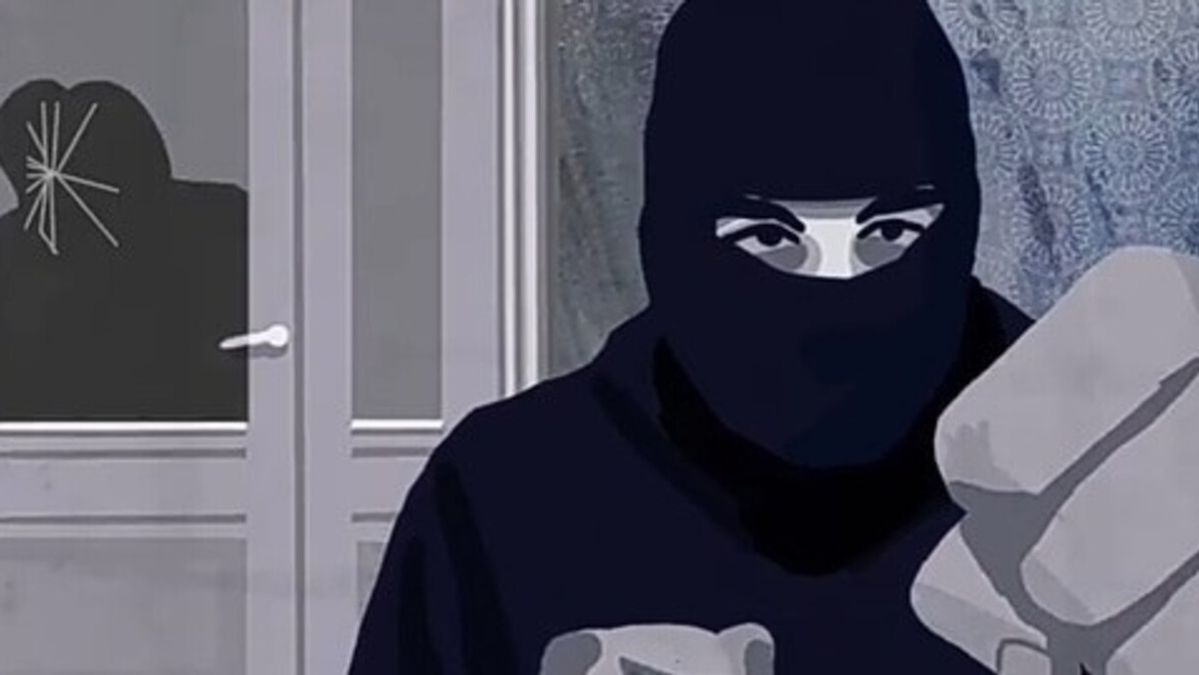



Despite being shut down by Russia's Supreme Court, Memorial, a human rights group, continues to operate in Russia through a survival strategy. The organization has no legal status, frozen bank accounts, and operates on the Moscow sidewalks. Memorial publishes books, advocates for political prisoners, and expands its offices outside the country. The group has a decentralized network of organizations and individuals, making it difficult for the Kremlin to shut down completely. Memorial faces pressure and harassment from local authorities, and its staff members are targeted with criminal investigations. The organization's work includes organizing tours, running a database of political prisoners, and publishing regular updates on their cases. Memorial has faced challenges in its own legacy in connection to the war in Ukraine. The group has re-examined its work and made changes to its tour lineup to include discussions on the war. The tours have attracted both engagement and opposition, with patriotic activists threatening participants. Despite the challenges, Memorial continues its efforts to seek accountability for crimes committed under communism. [40edcfc1]
The legacy of communism continues to shape global events, as evidenced by the 2022 Russian invasion of Ukraine and ongoing communist oppression in countries like North Korea, Cuba, Vietnam, and China. Dr. Matthew Becker, a prominent author and scholar, explores the profound impact of communism in his recent article. He proposes the establishment of a 'Victims of Communism Memorial Day' in Mississippi to honor the millions of victims and raise awareness about the dangers of communism [059c3baa].
Becker highlights the incompatibility of Marxist-Leninist ideology with values such as liberty, individualism, and prosperity. He underscores that the fall of the Berlin Wall and the disintegration of the Soviet Union did not mark the end of communism worldwide. Instead, communist regimes persist, committing ongoing human rights abuses. The author emphasizes the need for vigilance against communist oppression and calls for action to address these abuses [059c3baa].
The article references the Victims of Communism Memorial in Washington, D.C., which serves as a reminder of the millions of lives lost under communist regimes. Becker also draws attention to the significance of the Great October Socialist Revolution in Russia, a pivotal event in the history of communism [059c3baa].
In his call to action, Becker encourages readers to contact their representatives in Mississippi to support the declaration of November 7 as 'Victims of Communism Memorial Day.' This initiative aims to honor the victims of communism and foster a greater understanding of the ideology's destructive nature [059c3baa].
A new documentary called 'Memory Project' has been released, shedding light on the haunting legacy of forced disappearances in Chechnya during the 2000s. The documentary uses animation to narrate the stories of Chechen victims of state violence, aiming to challenge silence and impunity surrounding these cases. The release of the documentary coincides with a date that holds historical significance for the Chechen people, highlighting the importance of remembering uncomfortable aspects of history. The 'Memory Project' serves as a call to action, urging the international community and local authorities to address human rights abuses in the region and provide justice and accountability for the families of the disappeared. [626199ea]
The Memorial Human Rights Defence Center (HRDC “Memorial”) in Russia has been designated as a 'foreign agent' by the Russian Ministry of Justice. HRDC 'Memorial' was founded in 2022 by former employees of the Memorial Human Rights Centre (Memorial HRC) after its liquidation in 2021. Memorial HRC was one of the first human rights non-profit organizations in Russia and focused on issues such as political prisoners, unlawful use of force and torture, freedom of speech and assembly, violence against women, discrimination, and protection of non-profit organizations. The designation of HRDC 'Memorial' as a 'foreign agent' imposes obligations such as submitting financial reports, mandatory audits, and labeling all published information as coming from a 'foreign agent'. Violations of these rules can result in fines and criminal proceedings. The Russian Ministry of Justice's decision comes after several fines and warnings were issued to Memorial HRC for administrative violations. Oleg Orlov, co-chairman of HRDC 'Memorial', has also been designated as a 'foreign agent' and sentenced to two years and six months of imprisonment on politically motivated charges. The Observatory for the Protection of Human Rights Defenders calls on the Russian authorities to withdraw the designation of HRDC 'Memorial' as a 'foreign agent' and to guarantee freedom of expression and association. [a9a20a23]